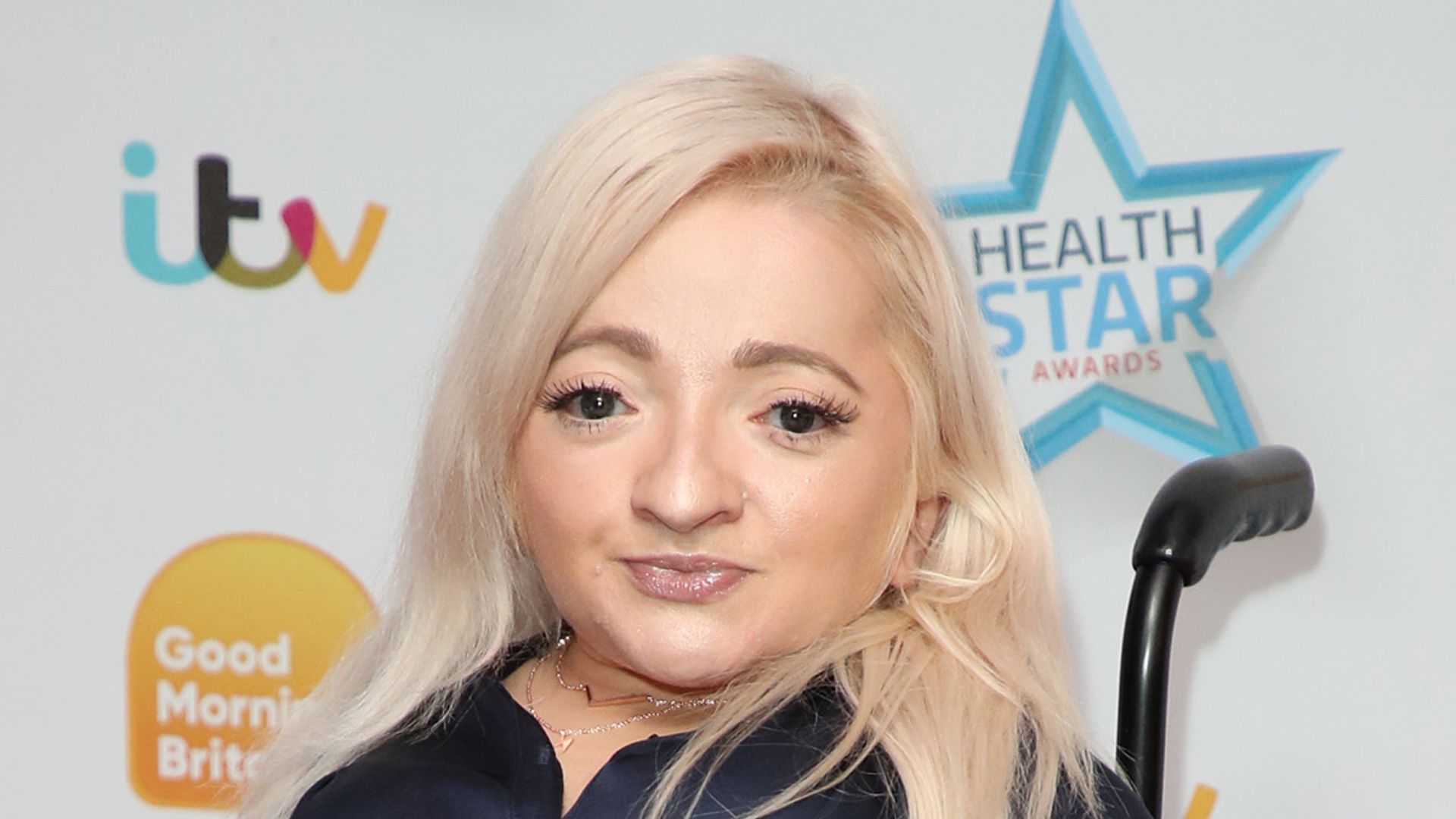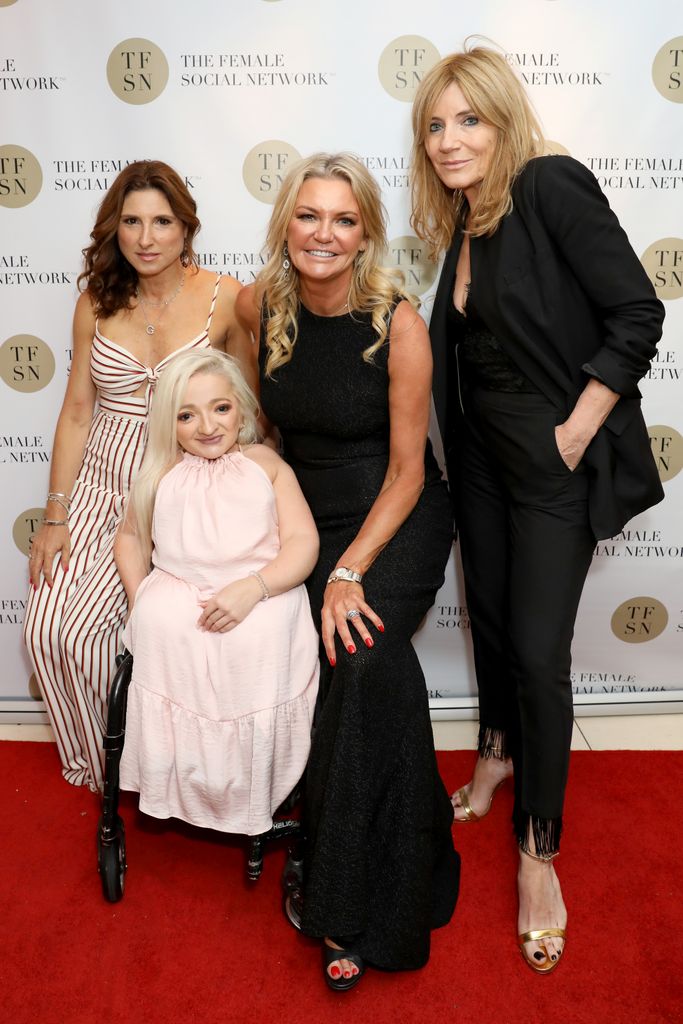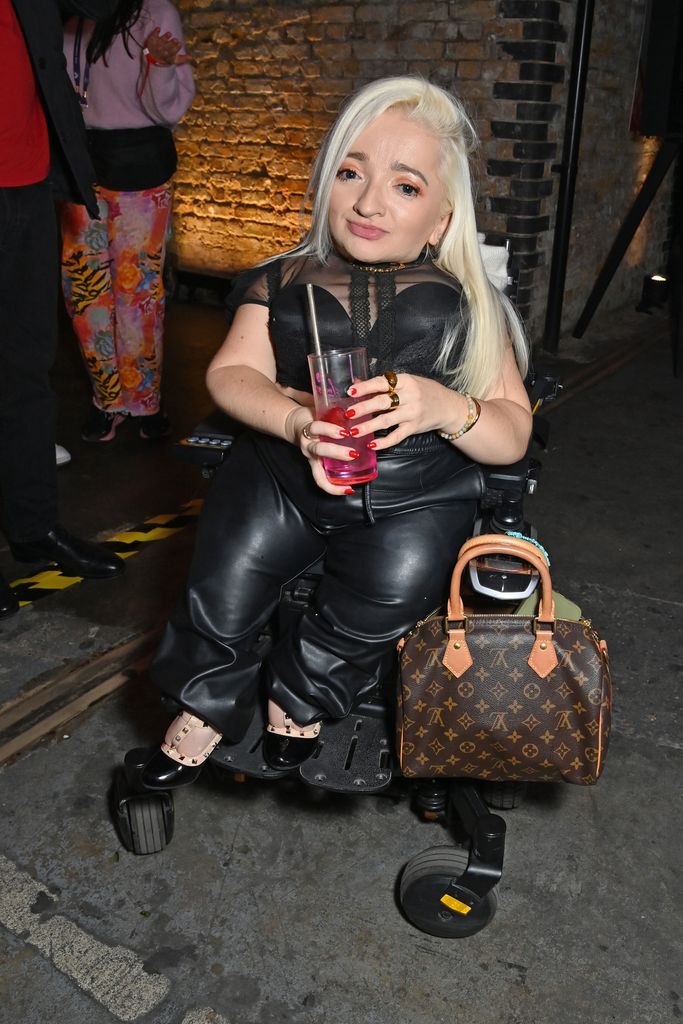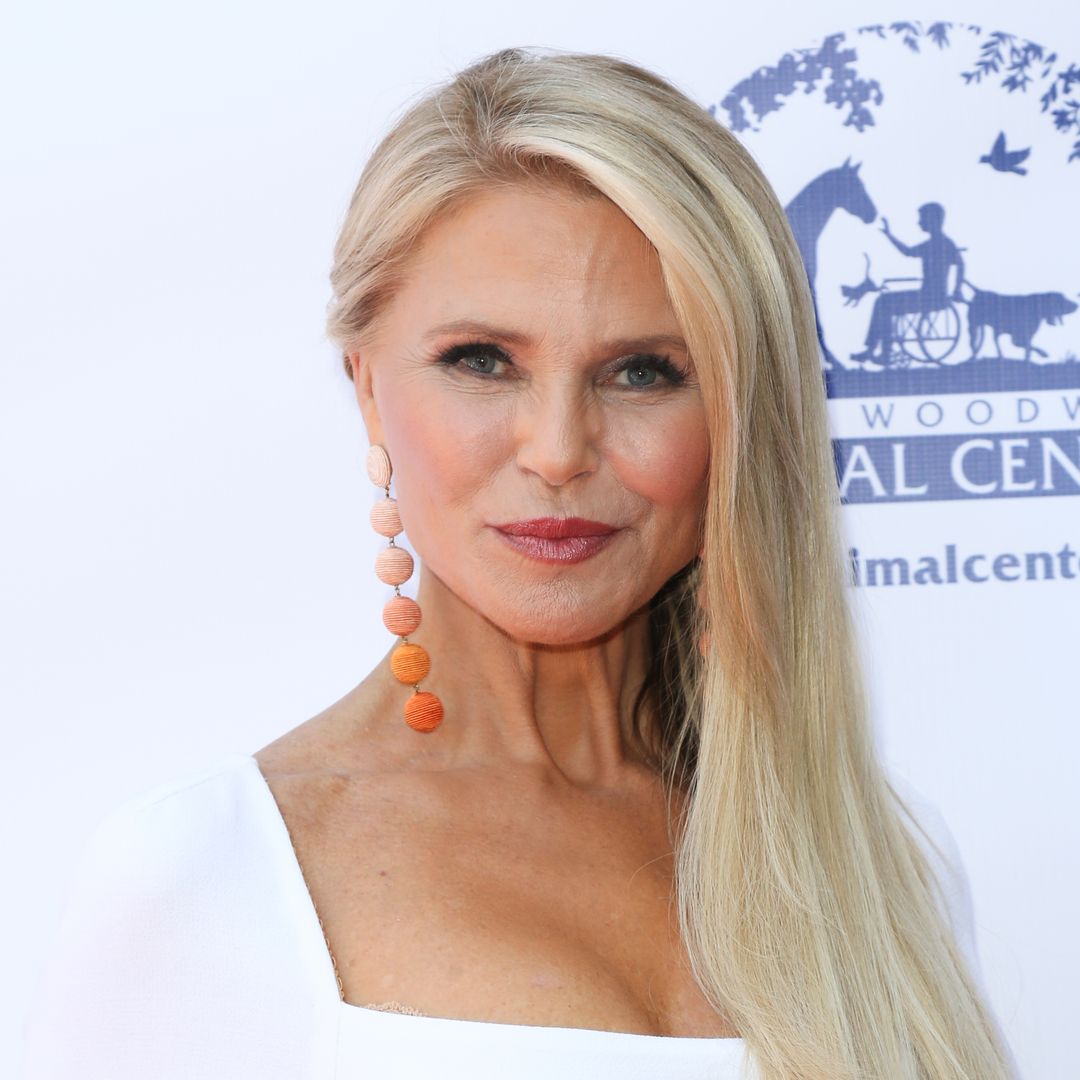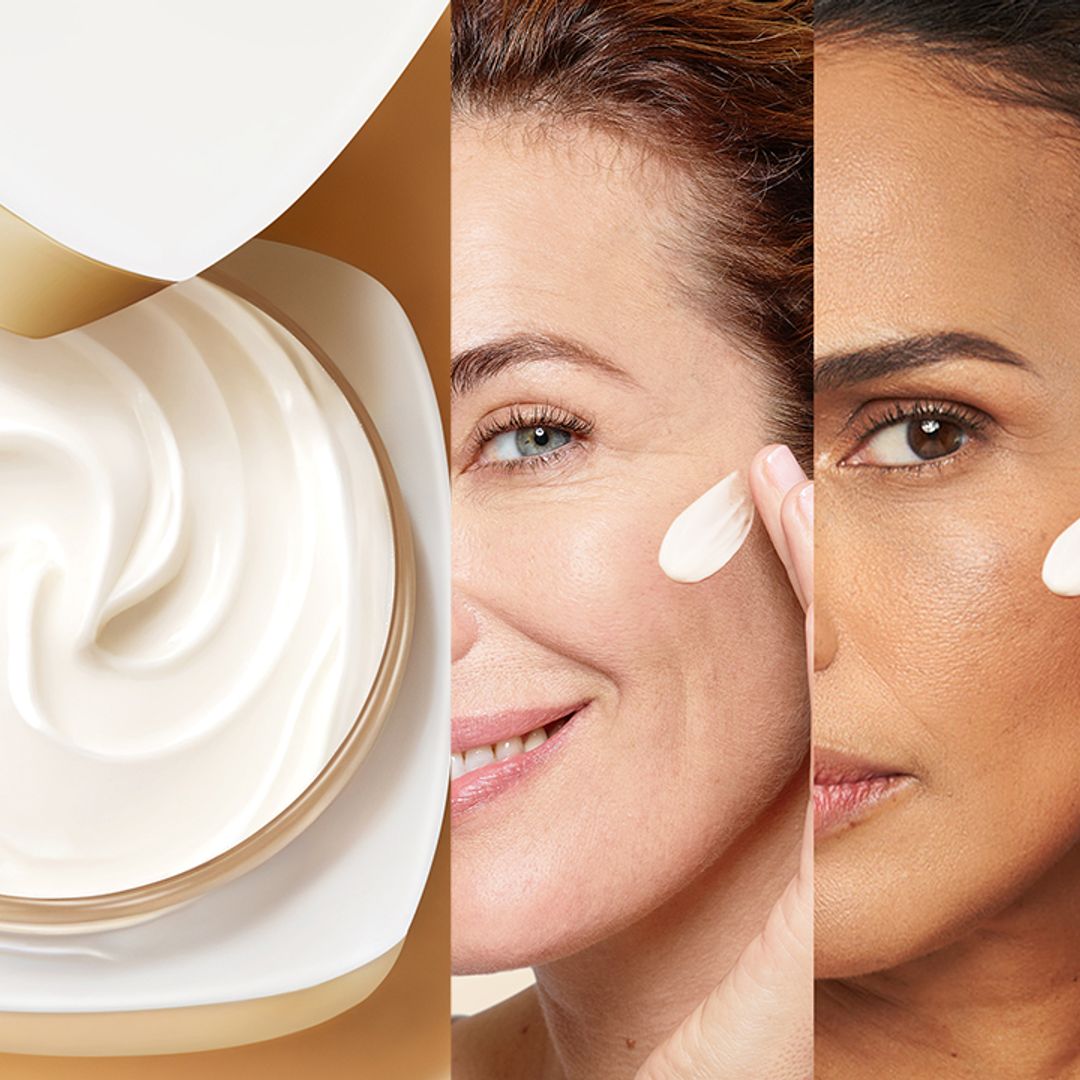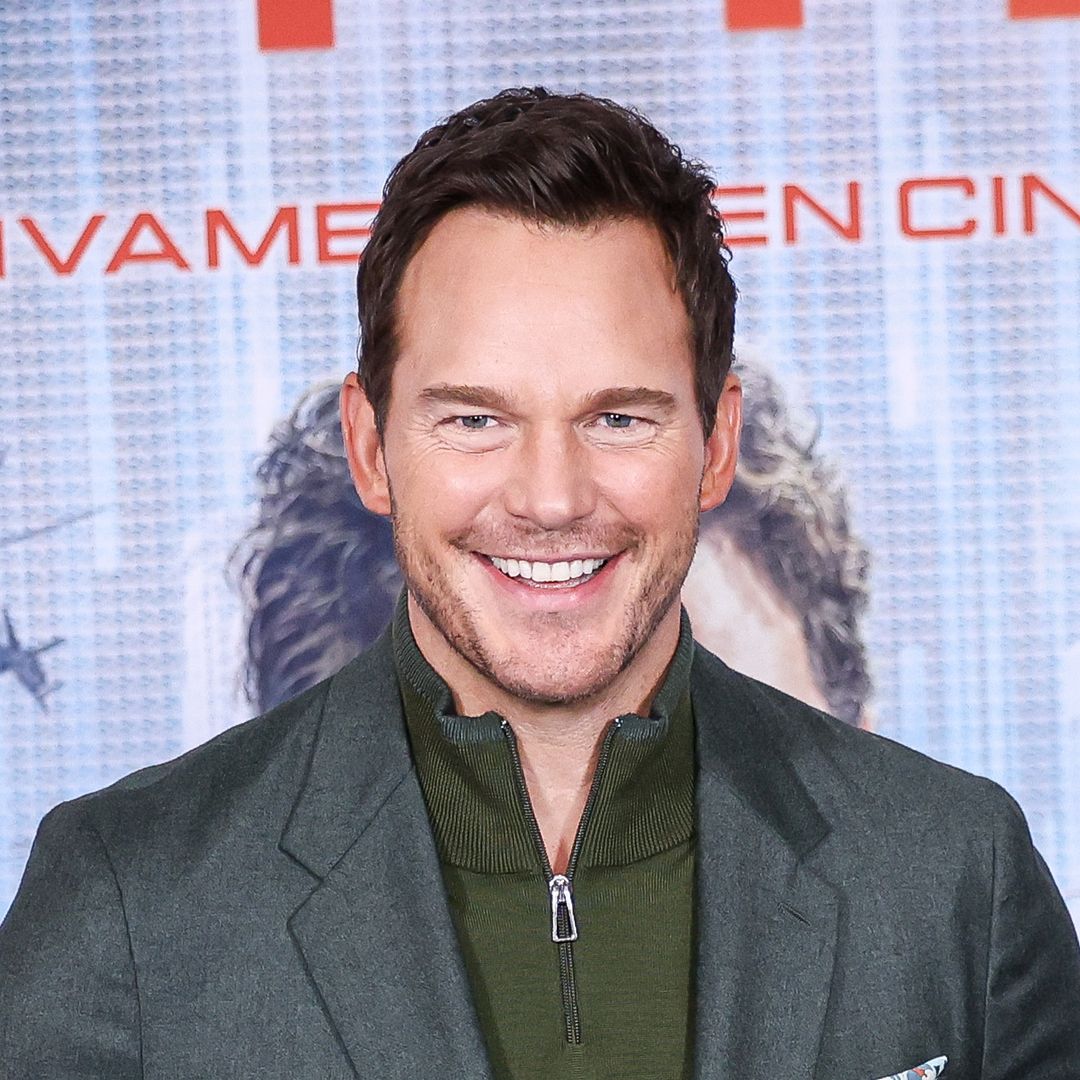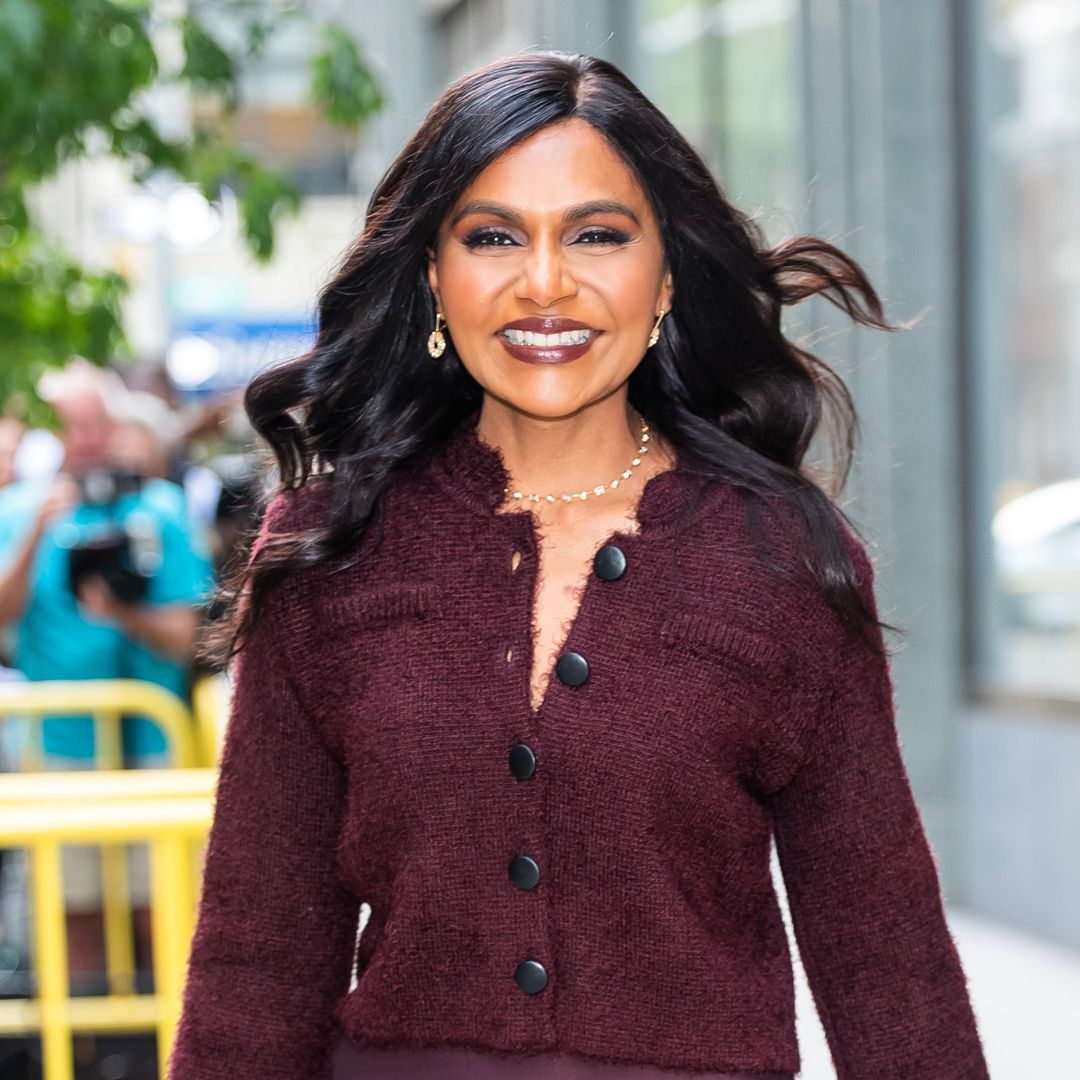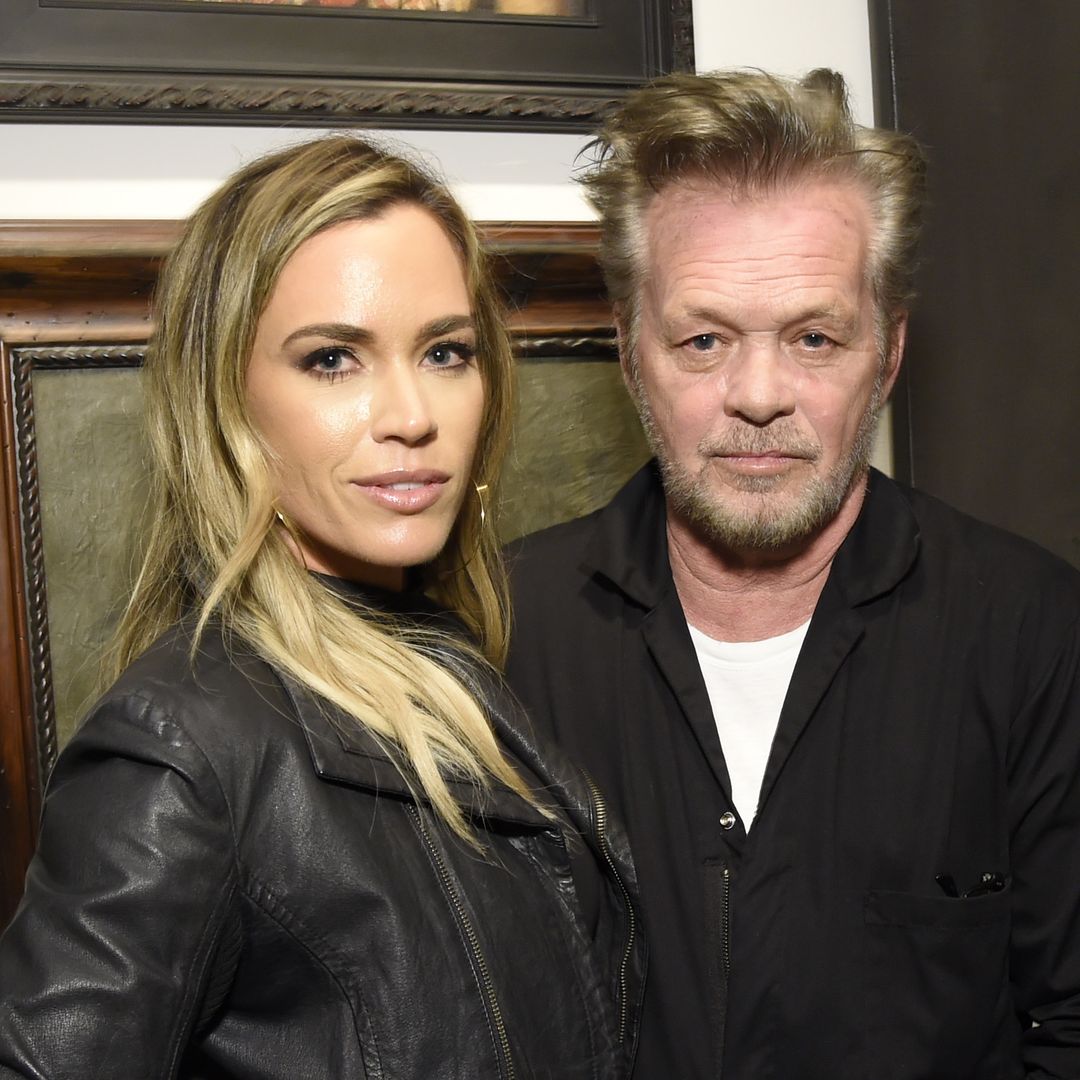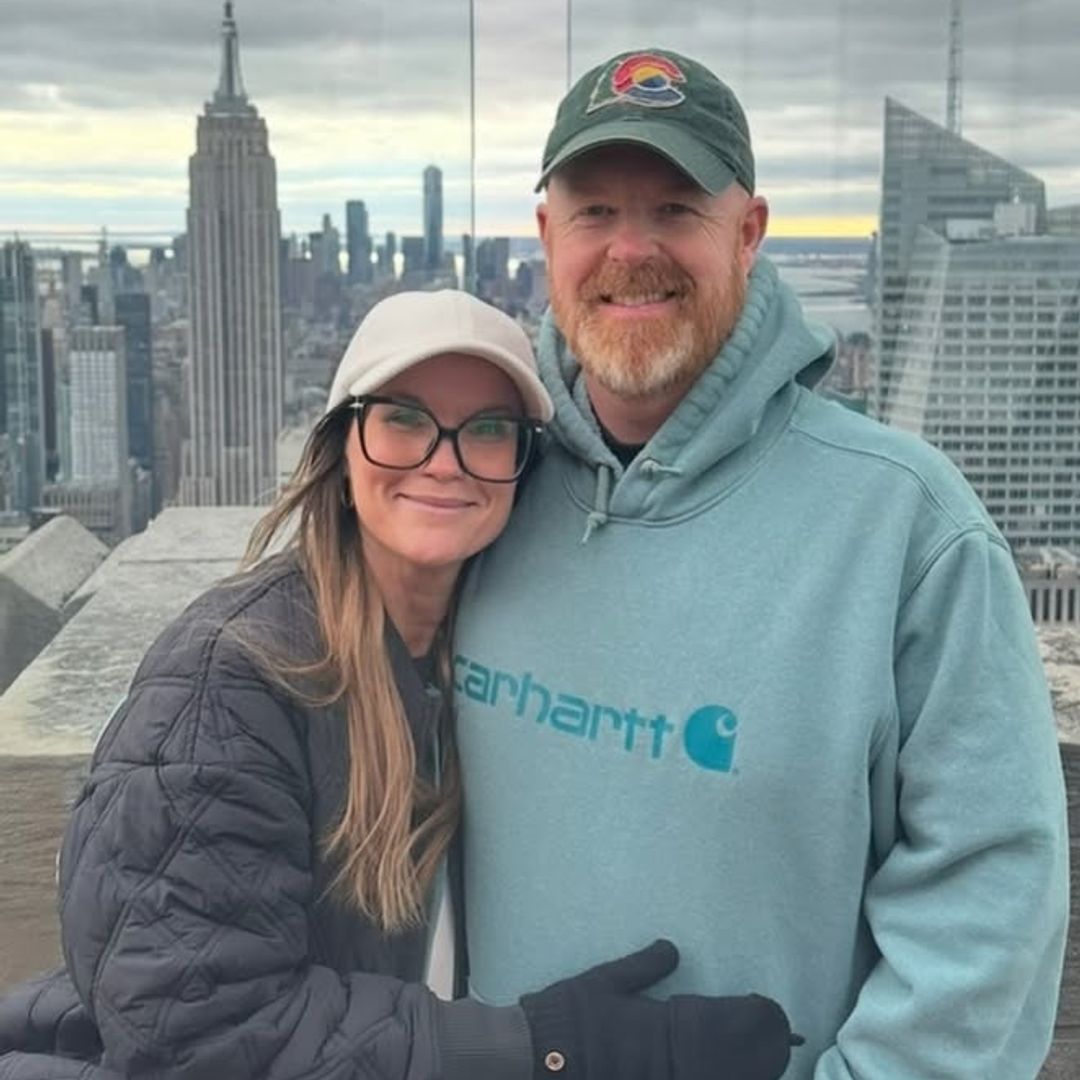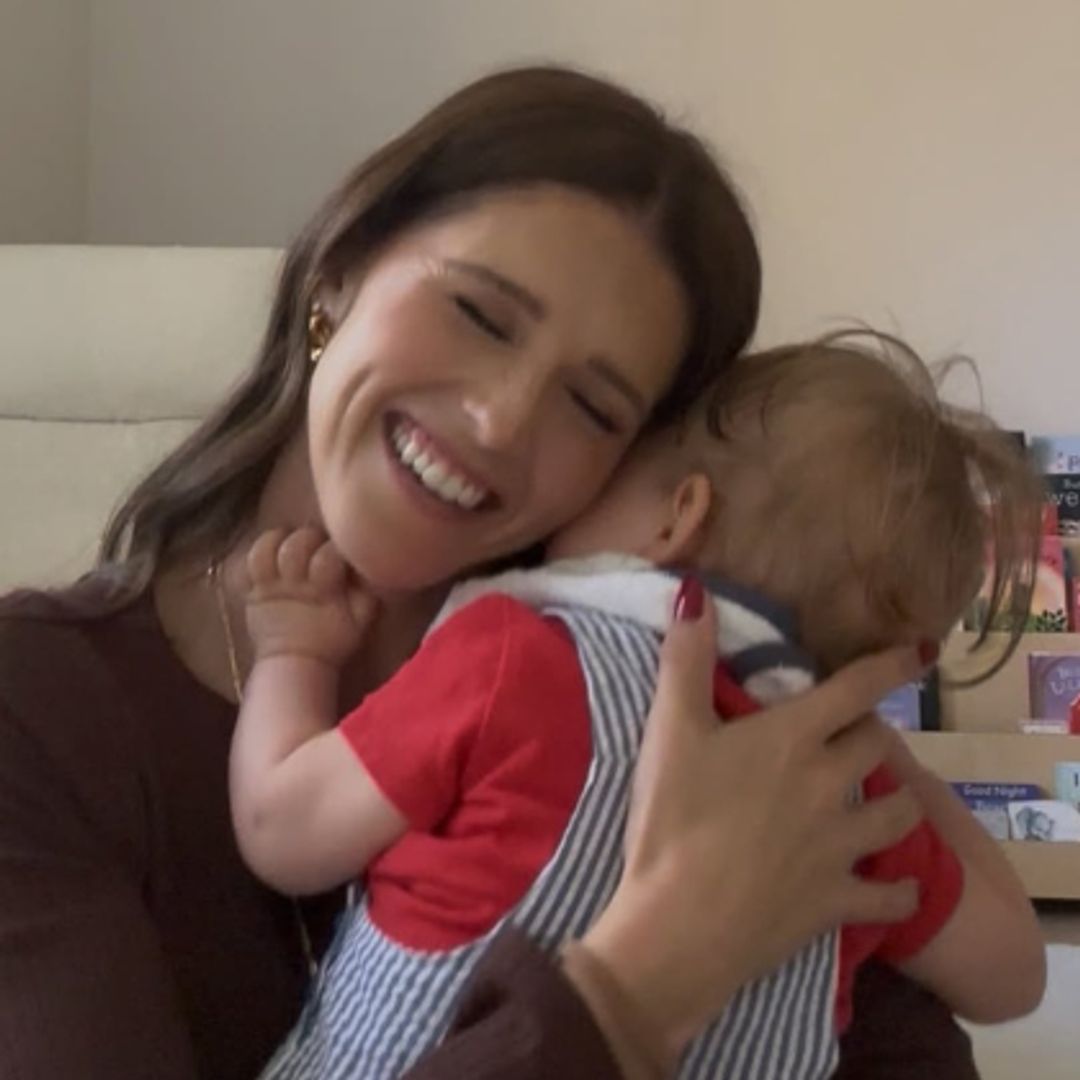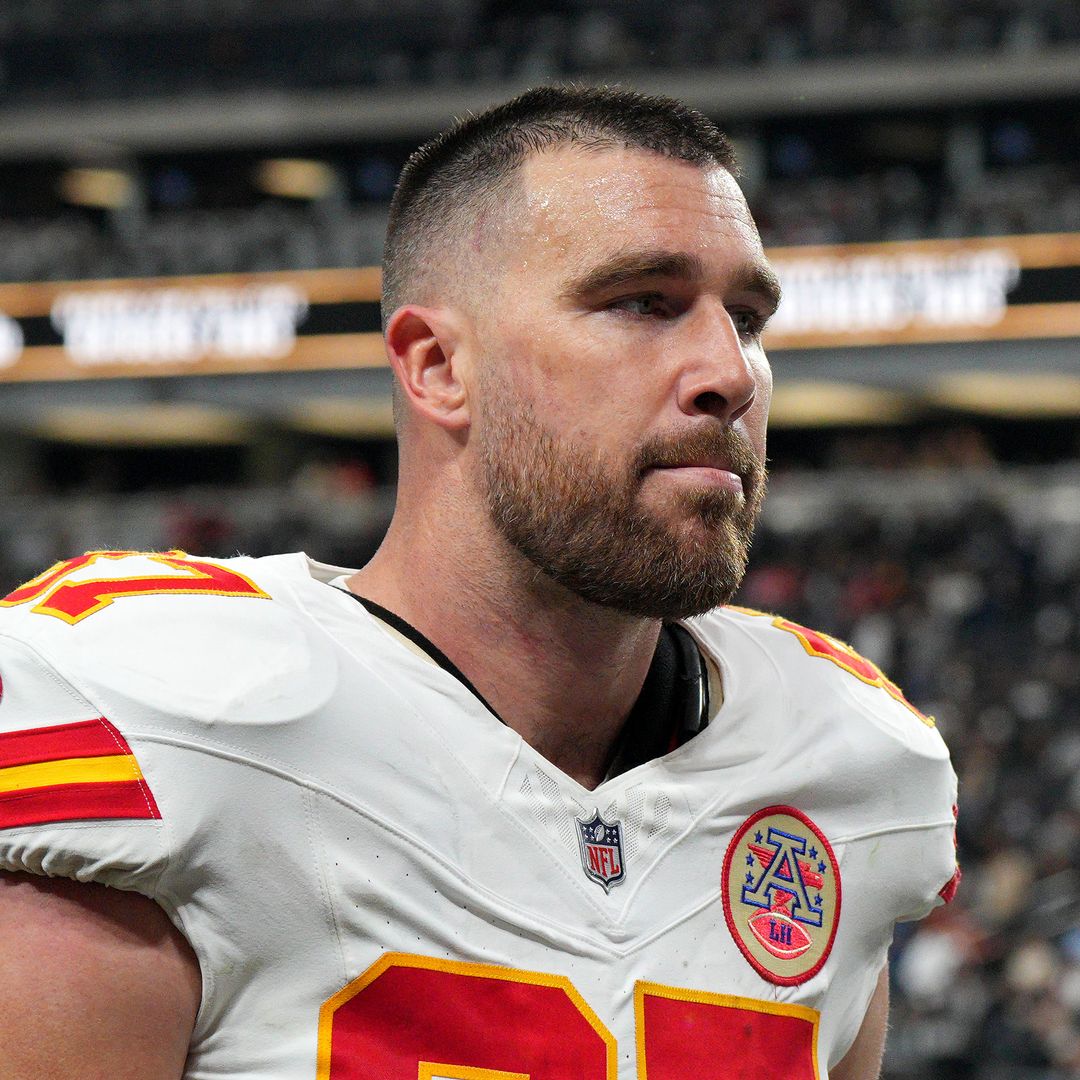The theme for this year's International Women's Day is 'Inspire Inclusion'. The goal of the campaign, as described on the official IWD website, is to "inspire others to understand and value women's inclusion" so that "we forge a better world".
"And when women themselves are inspired to be included, there's a sense of belonging, relevance, and empowerment," the website added. "Collectively, let's forge a more inclusive world for women."
Ahead of the annual holiday, which has been celebrated by more than 80 countries worldwide, we spoke to actress, presenter and disability activist Samantha Renke about all things IWD and what the global holiday means to her.
Sam was born with Osteogenesis Imperfecta, more commonly known as brittle bone condition. She actively campaigns for disability rights and has long championed greater diversity and inclusion, specifically within the media and entertainment industry. In light of International Women's Day, Sam opened up about how her female identity has played a part in how the world sees her.
"We still live in such a disabling world where harmful ableism stereotypes are still so prevalent, so that when I face discrimination or marginalisation or any of these micro-aggressions… It never dawned on me that being a woman would add to that," she explained.
"As I've grown as a woman and understood my own identity and my place in the world, I recognise that not only is it the fact that I come from a working class background, it's the fact that I'm a disabled person and I'm a woman. They all intertwine with one another and can have a really negative impact on my day to day experience of how I view the world."
She continued: "I recognise that being disabled is one hat, and being a disabled woman is another hat, and I think we still don't allow women to have that autonomy. We still don't allow women to talk about taboo subjects as openly as we can. This is the [reason] why we need to keep talking about women's issues and why International Women's Day is so important because we aren't on an even playing field.
"The narrative around women's rights likes to think that we're on a level playing field, but we're not, and we also need to recognise the intersectional layers of people's identities. As a woman with a disability, I'm more disadvantaged than a male with a disability".
Indeed as a disabled woman, Sam has been subjected to "insidious" micro-aggressions which she's learnt to overcome by forging a greater sense of self-worth. "I recognise who I am as an individual, and that as a woman and as a disabled person, I am entitled to achieve as much as the next person," she said.
"So I think working on my own sense of self, understanding that I am deserving of X, Y and Z and negating harmful stereotypes. This includes setting boundaries for myself... So when people say things to me that are discriminatory, I am not combative in any way".
Instead of calling out these harmful stereotypes, Sam argues that standing up for yourself in the form of self-care can be more beneficial. She added: "It can be as simple as saying 'Do you know what, I've had a really horrible interaction this week, I need to go and digest that and see how that is impacting me on a wellbeing level'.
"What's beautiful about having a disability is that it makes me take time because I can't operate as fast as everybody else. So I've got this internal body clock, telling me to slow down, telling me to take my time… Sticking up for yourself is so much wider than actually challenging that person. I empower myself through the work that I do as a teacher and as a consultant".
Keep scrolling for our full Q&A…
You've starred in a plethora of TV shows and movies, have you always wanted to do acting?
"I've always found comfort in performance, but I think it's a learned behaviour. When I was younger, people would come up to me and go 'Oh bless her' and 'Isn't she sweet'. I didn't understand that this was tinged with pity. I just saw it as attention and I absolutely loved that attention. I've always had a passion for acting, but my confidence got knocked over the years. I had a drama teacher tell me once that people like me won't make it in the industry.
"When I wanted to do drama at college, they wouldn't let me do drama if I didn't do the element of dance… And at the time I just didn't want to do dance. I didn't have the confidence, so I dropped it. Instead of being on television [I love] giving talks, empowering other people, empowering other women. I think ultimately that's what I want my legacy to be, to empower other people… I want to generate a sense of belonging and inclusion for women…. We don't see enough women at the top. We definitely don't see enough disabled women or neurodivergent women at the top. We're still not on a level playing field".
Are there any powerful women in your life who have inspired your journey?
"I always kind of say myself first of all, and I don't mean that in an egotistical way. I say it because growing up I didn't have any people to emulate or feel inspired by because we weren't there. And I had to really dig deep and see my own self-worth.
"Of course, there are a plethora of women that I have uber-fan girl crushes on. I used to be a massive Buffy The Vampire Slayer fan, so when I found out that Sarah Gellar had a curved spine like me, I was like 'Wow, someone with a curvy spine can be an amazing protagonist on TV'. But I still say myself because I feel like there's a real culture where people want to feel inspired or want to emulate other people they see online, and then get very disheartened when they don't achieve the same thing. And I always say, 'But that was that person's dream. You'll never achieve that, because that's not your path.'"
You are patron of Head2Head Theatre - how important are these roles to you?
"Ultimately they helped me in my career at the beginning. A lot of the organisations that I volunteer for, they all gave me opportunities… I think what I've learnt is that if you're going to devote your time to an organisation, then you have to really be passionate about it in order for you to be that voice.
"I have really connected with my love of animals and how they've helped my mental health, so I'm now an ambassador of an animal sanctuary in Somerset. It's about creating opportunities for other people. Volunteering was how I worked my way up the ladder".
What would you say is your proudest achievement?
"I'd say moving to London. Only 9% of UK houses have any basic accessibility, so finding an accessible home is horrendous… For the first six months I was living on a bed in the middle of an open-plan kitchen with two other people. It was a nightmare. But I was so proud because I had a dream, and my dream was to become independent, have autonomy and try and make it on my own in London. And I did that.
"Career-wise, writing my memoir, also working with Boy George - I helped produce a music video with him and I starred in the music video… I created about five different characters and I put together this performance, sent it to him, and his quote was 'It's so good I now need to up my game'".
What is the most important bit of advice you have received?
"My sister has always come out with some pearls of wisdom. When I won the award for best actor and Steven Spielberg did not come knocking on my door and I fell into a bit of a depression, my sister said to me, 'If you do one thing, no matter how big or small, everyday - at the time it was 'open up a Twitter account or write that email' - then you will get to your goal.
"And I think we can put so much pressure on ourselves to constantly be achieving things, and I think that's really difficult for women in particular. I used to beat myself up so much, and I felt like a failure".
"Her second piece of advice was about body image. People stare at me, and people can judge me… I went to IKEA with my mum and my sister, and I remember coming out and bursting into tears because I felt like everyone was staring at me and pointing at me. My sister said to me 'Do you know maybe people are looking at you because the way you dress is amazing. The way you do your makeup is amazing'".
What bit of advice would you give to others, particularly budding actors looking to get on the career ladder?
"Don't be too harsh on yourself. Comparison and competitiveness has a time and a place, but don't let it consume you. You can feel inspired by people, you can have role models, but please, please take the time to understand who you are as a person, what your boundaries are, what your likes and dislikes are, what you feel comfortable doing. If you invest in yourself a little bit, it will really help down the line".
